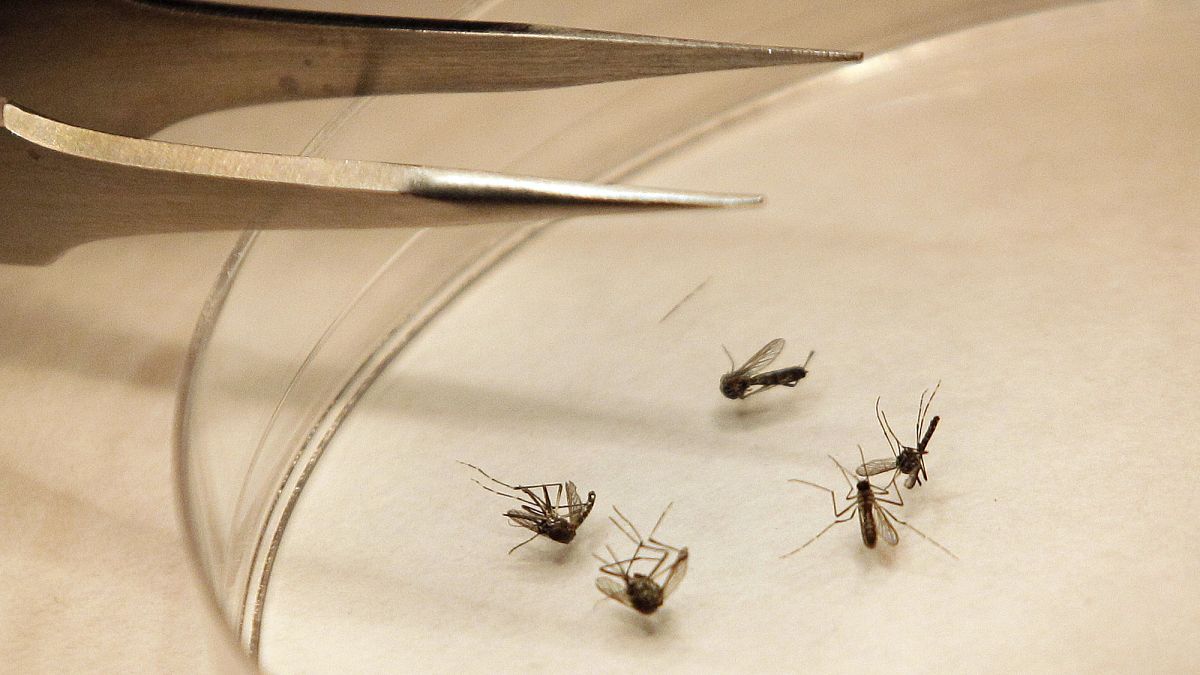

Italy is currently grappling with the West Nile virus, which has claimed ten lives since the start of the year. The latest reported fatality involved a 93-year-old woman in the Lazio region, highlighting the virus’s continued presence and impact on public health. Among European nations, Italy is not alone in facing this challenge, as infection cases have been registered in five different countries, reinforcing the interconnected nature of health concerns across borders.
The West Nile virus, primarily transmitted through mosquito bites, underscores the importance of ongoing preventative measures, particularly during warmer months when mosquito activity is heightened. Public health officials are keenly aware of the need to balance vigilance with reassurance, aiming to educate communities on effective strategies to minimize risk. This includes personal protection efforts like using insect repellent and wearing long-sleeved clothing, alongside broader community initiatives to reduce mosquito breeding grounds.
As Italy focuses on managing the current health situation, a separate yet significant development in women’s health research has emerged in the United States. A new study has revealed substantial insights into endometriosis, traditionally known as a gynaecological condition affecting millions of women worldwide. Researchers have identified over 600 correlations between endometriosis and various other health issues, expanding the understanding of this complex condition beyond its primary reproductive implications.
Endometriosis occurs when tissue resembling the lining of the uterus grows outside of it, causing chronic pain and potential fertility issues. However, this study highlights the broader health impacts that might include links to chronic fatigue, immune disorders, and certain cardiovascular risks. These findings open up new conversations in the medical community about the comprehensive care and awareness that patients with endometriosis require.
Acknowledging the expanding research on health conditions such as endometriosis is an essential step in fostering informed health decisions and policies. This underscores a broader movement in medicine towards recognizing and treating the interconnected nature of bodily systems and the diverse manifestations of health conditions.
Both these stories reflect ongoing public health challenges and advancements, emphasizing the collective responsibility of communities, researchers, and healthcare providers in navigating these complex landscapes. In Italy, efforts continue to control the West Nile virus, with health advice being regularly updated to prevent further cases. Simultaneously, the revelations about endometriosis call for increased support and resources to better understand and manage its wide-ranging impacts.
By remaining informed and proactive, societies can address current health issues while preparing for future challenges, ensuring that public health remains a priority in a rapidly changing world. These developments serve as gentle reminders of our shared stake in fostering wellbeing and resilience, guided by knowledge and care.
Source: {link}
